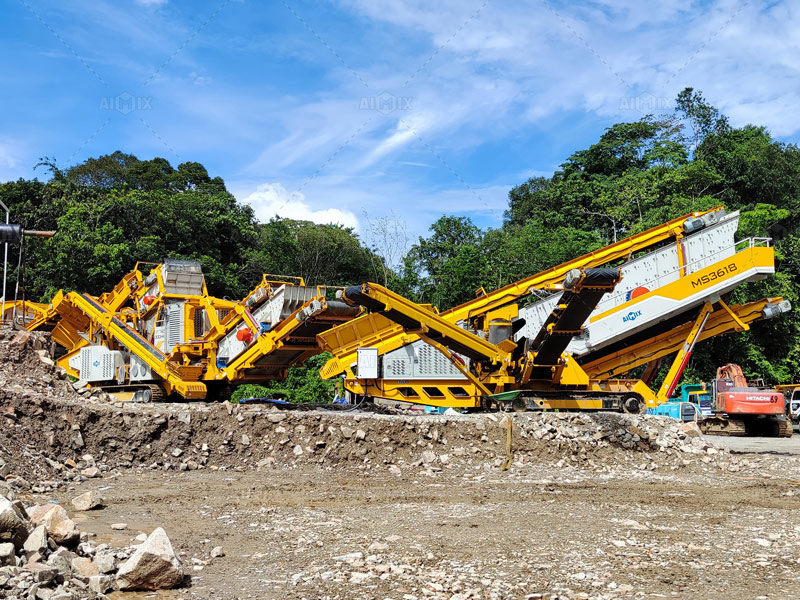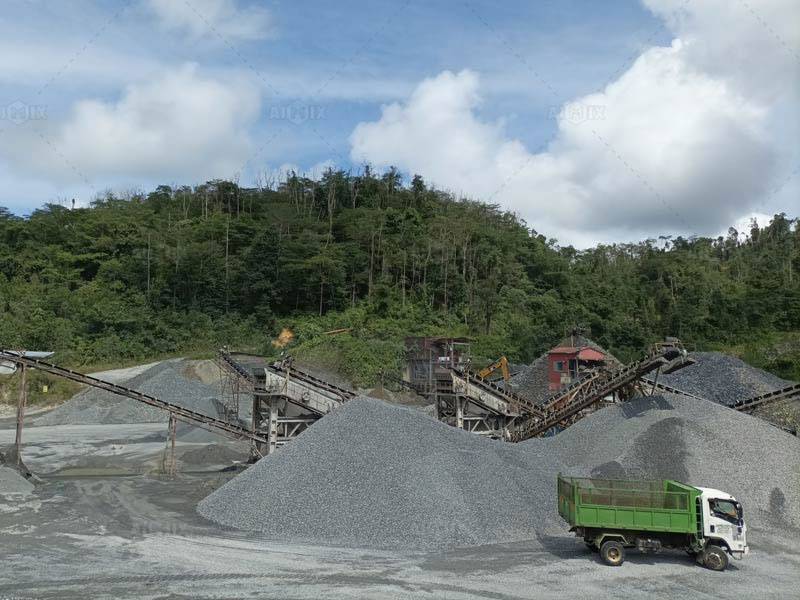As infrastructure, mining, and construction projects surge across Latin America, the need for reliable crushing operations has grown in parallel. But running a high-performance stone crusher plant isn’t just about choosing the right equipment—it’s about ensuring that local teams are properly trained to operate and maintain it. In this context, combining remote and on-site training has emerged as a powerful strategy to help operators, technicians, and supervisors across the region build the necessary expertise to manage stone crusher machines efficiently and safely.
The Growing Demand for Skilled Operators in Latin America
Latin America is rich in natural resources and ripe with government-funded infrastructure programs. From large-scale roadworks in Colombia to quarry operations in Brazil and mining projects in Peru, the use of stone crusher plant(planta trituradora de piedra) equipment is widespread. But equipment alone doesn’t guarantee productivity. Without proper knowledge of operation, maintenance, and safety protocols, even the most advanced jaw crusher or cone crusher can become a source of delays and unnecessary costs.
Unfortunately, there is often a shortage of experienced personnel in remote regions. Language barriers, lack of technical resources, and inconsistent access to training make it difficult to build qualified teams on-site. That’s why equipment manufacturers and project managers are turning to a hybrid training model: combining virtual resources with hands-on, localized instruction.

What Remote + On-Site Training Includes
1. Virtual Training: Accessible and Scalable
Remote training allows teams to access structured content from anywhere. Through videos, interactive tutorials, manuals, and live webinars, operators can learn key topics such as:
- Stone crusher plant layout and startup procedures
- Routine inspection and lubrication of stone crusher machines(maquina chancadora de piedra)
- Basic troubleshooting for jaw crushers and cone crushers
- Safety protocols for working around high-speed rotating equipment
These sessions can be offered in Spanish or Portuguese, ensuring language is not a barrier. The use of mobile-friendly platforms makes training more accessible for field teams who may not have access to a desktop or stable internet connection at all times.
2. On-Site Training: Practical and Customized
While remote training provides a strong foundation, on-site training is essential for applying theory in a real-world setting. Technical instructors travel to the job site to provide:
- Hands-on commissioning and start-up support
- Live demonstrations of rock crusher maintenance routines
- Operator coaching during actual material processing
- Calibration and alignment of equipment
On-site sessions are especially important for large teams or new crushing plants, where local staff must quickly get up to speed. Trainers can also assess the working environment and recommend safety improvements, spare parts stocking strategies, and optimized workflows.

Benefits of the Hybrid Training Model
1. Faster Onboarding
With access to pre-training materials online, local teams can begin learning even before the stone crusher plant arrives on-site. This reduces startup time and allows technicians to focus on practical applications during the in-person visit.
2. Greater Equipment Uptime
Trained operators are better equipped to spot early signs of wear, adjust machine settings properly, and conduct regular maintenance. This leads to longer lifespans for components such as bearings, liners, and belts—especially in high-wear equipment like jaw crushers and rock crushers(trituradora de rocas).
3. Improved Safety
Improper operation is one of the leading causes of accidents at crushing sites. Training ensures that workers understand machine limits, emergency shut-off procedures, and safe handling of oversized material. With lives at stake, this is a non-negotiable benefit.
4. Reduced Service Calls
When local teams can handle minor repairs and diagnostics, there’s less reliance on external technicians. This is especially valuable in Latin America, where service response time may be limited by geography, customs clearance delays, or logistics challenges.
Case Example: Hybrid Training for a Quarry in Northern Chile
A quarry operation in northern Chile recently acquired a new stone crusher plant including a jaw crusher(trituradora de mandíbulas), vibrating feeder, and a mobile screening unit. With the site located hours from the nearest city, the company couldn’t afford extended downtime or slow commissioning.
The supplier provided remote onboarding modules weeks before equipment delivery, allowing the team to become familiar with control panels, lubrication points, and workflow processes. Once the equipment arrived, a technician spent three days on-site guiding the team through installation, testing, and operational best practices.
The result: the plant was running at full capacity within five days of delivery, with minimal outside assistance required. Equipment breakdowns dropped significantly compared to a previous project where no formal training was offered.
Overcoming Challenges in the Latin American Context
Training in Latin America comes with unique challenges, including internet access limitations, varying literacy levels, and equipment diversity. That’s why hybrid training must be adaptable. Videos should be downloadable, materials should use clear visuals, and instructors must have both technical and cultural fluency.
Additionally, training should go beyond basic operations. It should also empower supervisors to build long-term maintenance schedules, track parts wear, and implement data-driven decisions around equipment usage.
Conclusion: Training Is the Key to Crushing Plant Success
Investing in the right stone crusher machine is only half the equation. To achieve peak performance and protect that investment, Latin American contractors must ensure their teams are well-trained. The hybrid approach—remote + on-site training—offers the speed, flexibility, and depth needed to build skilled, confident operators in even the most remote job sites.
In a region where every hour of uptime counts, knowledge truly is power. With proper training, a stone crusher plant becomes not just a machine—but a reliable engine for growth.
